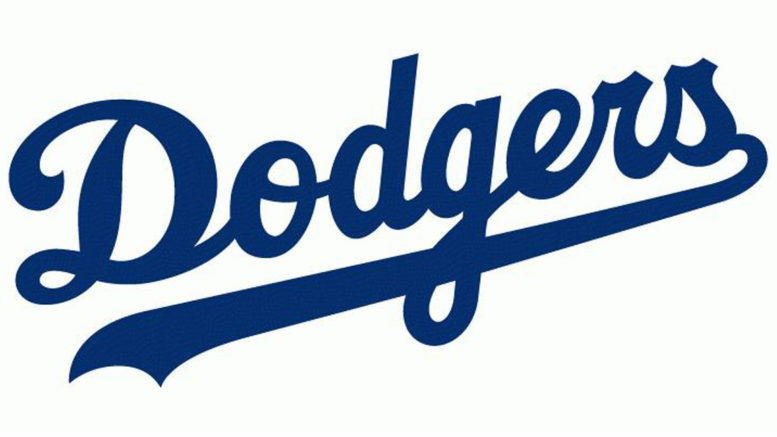Regional Sports Networks are those channels that let you see your local teams on pay TV. Some, like YES and NESN, have been consistent successes. However most regional sports networks today are on the ropes. There are a lot of folks, myself included, who think that most of them will go out of business in the next few years. And honestly, I’m looking forward to it.
How we got into this mess
Back in the late 20th century (a phrase which makes me groan whenever I type it), pretty much all televised sports was available for free on local TV. Yes, some games were blacked out then much as they are now. But of those games that were televised, they were televised for free. If you wanted to see the Celtics and the Lakers battle it out in the biggest rivalry of the 1980s, no problem. Just watch local TV in Boston or Los Angeles.
By the late 1980s and early 1990s, though, regional sports networks started to take hold. Cable channels were formed for the express purpose of outbidding local broadcasters for sports. They popped up quickly, and pretty soon every city with a major franchise team had one. It wasn’t much of a big deal since cable companies provided the channels to subscribers at no extra charge. Things went around swimmingly for about 20 years after that until everyone got greedy.
And then things started to turn
By the 2010s many major cities had two or three regional sports networks. The networks themselves jacked up the price of their service, and pay TV providers like DIRECTV and DISH had no choice but to follow suit. They instituted mandatory “RSN fees” in markets where it was too expensive not to.
RSN became a bit of a dirty word, especially when they were seen as unfair. Take for example the channel currently known as Spectrum SportsNet LA. This channel was formed specifically for the purpose of charging double-digit fees to show LA Dodgers games. At first no one paid, other than Time Warner/Spectrum who owned the channel. It took about 5 years for Dodgers baseball to get back to DIRECTV. All the while, citizens of Los Angeles rightly complained that their tax dollars subsidized Dodger Stadium, their police had to do more work, and their transport corridors were clogged. Yet, they couldn’t watch the game.
To make matters worse, Time Warner/Spectrum tried to do the same thing with a separate channel for the Lakers, at a similarly high price. Customers balked, and eventually a deal was struck that no one liked.
Now, the chickens have come home to roost.
In order to secure television rights, these companies have paid hundreds of millions of dollars for each team. It’s just not a good long-term strategy, especially as pay-TV revenues in general start to drop. It’s not a sustainable strategy to keep through huge amounts of money at a team so you have TV rights, only to try to squeeze as much as you can from a pay-TV company. Simple as this: it hasn’t work. And it’s working worse every day because pay-TV companies pay RSNs by the subscriber.
Diamond Sports, the parent company of Bally Sports channels, declared bankruptcy earlier this year. It’s not clear what their path forward is. Warner Bros. Discovery’s four RSNs may cease operations as well, and NBC Sports has been trying to get out of the RSN business for several years.
In some cases, there’s an attempt to move these services to streaming, but the major leagues have streaming rights so tightly controlled that it’s not easy. There’s no room in the streaming world for RSNs. In many cases, there’s just no path forward.
So, the RSNs are trying to resell their rights to local channels or offload them back to the teams themselves who have no broadcast apparatus of their own in most cases. In cities like New York, the teams themselves operate the networks and they’re just fine for now. But if you’re in places like Denver, Salt Lake City, Houston, or many other smaller cities, there’s a possibility you could be without televised sports. Your only choice would be a package like MLB Extra Innings for pay-TV or MLB.TV for streaming.
And I’ll say it again, I’m fine with that
Personally I think that broadcast rights should be owned either by the teams, or by the cities who offer them the huge tax breaks to stay. I’m not saying they should be operated as non-profits, but I think there’s got to be a more sensible amount of money to spend than what’s being spent now. It’s so far out of balance, it’s ridiculous. That’s why the only option now is to let the whole system burn and build a better system from the ashes.
I am not a Dodgers fan, but I would have liked to have seen the last games called by the legendary Vin Scully. Instead, DIRECTV blacked out those games for me because they wouldn’t pay the king’s ransom required to get Spectrum SportsNet. Eventually there was a deal, and it was almost too late.
So yes, I have venom toward the RSNs. Initially they were great, they did a great job broadcasting. Then, when satellite rose up, it became possible to see RSNs from other cities if you paid for the Sports packages. I liked that too. Did I like paying an even bigger bill during the times of the year when there really wasn’t even any sports to watch? Heck no. I, like you, figured my bill was already big enough.
I hope the people who work for RSNs find better jobs. I have no venom toward them. But RSNs, your days are over. And good riddance.

